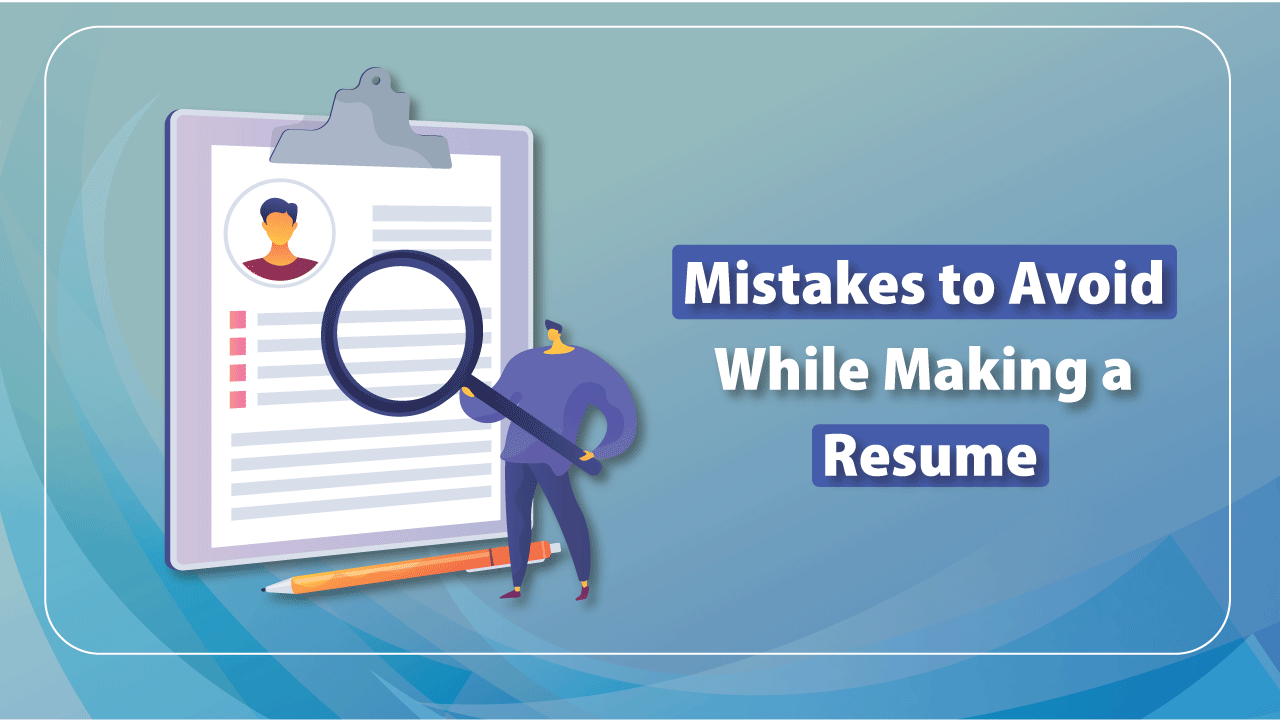
10 Resume Mistakes That Could Cost You the Job
Sarah Johnson
Sarah is a senior HR professional with over 10 years of experience in talent acquisition across various industries.
Your resume is often the first impression a potential employer has of you. In today's competitive job market, even small mistakes can cost you an interview opportunity. Based on feedback from hundreds of recruiters and hiring managers, we've compiled the top 10 resume mistakes that could be holding you back from landing your dream job.
1. Typos and Grammatical Errors
This might seem obvious, but typos and grammatical errors remain one of the most common reasons resumes get rejected. In a CareerBuilder survey, 77% of employers said they would disqualify a candidate for spelling or grammar mistakes on their resume. These errors signal a lack of attention to detail and professionalism.
Solution: Proofread your resume multiple times, use spell check, and have at least one other person review it before submission. Reading your resume backward can also help catch errors you might otherwise miss.
2. Using a Generic Resume for All Applications
Sending the same generic resume to every job posting is a strategy that rarely works. Each job has specific requirements and keywords that should be reflected in your application.
Solution: Tailor your resume for each position by carefully reviewing the job description and incorporating relevant keywords and skills. This not only helps you pass through Applicant Tracking Systems (ATS) but also shows the employer you're genuinely interested in the specific role.
3. Including Irrelevant Experience
Including every job you've ever had, especially those from decades ago or in unrelated fields, can dilute the impact of your relevant experience.
Solution: Focus on your most recent and relevant positions. For most professionals, this means the last 10-15 years of experience. If you have older experience that's particularly relevant, consider including it in a condensed 'Earlier Career' section.
4. Focusing on Job Duties Instead of Achievements
Simply listing your job responsibilities doesn't tell employers what you actually accomplished in your roles.
Solution: Quantify your achievements whenever possible. Instead of 'Responsible for sales team,' write 'Led a 10-person sales team that increased regional revenue by 25% in 12 months.' Use action verbs and focus on results.
5. Poor Formatting and Design
Cluttered layouts, tiny fonts, excessive colors, or outdated designs can make your resume difficult to read and appear unprofessional.
Solution: Use a clean, professional template with consistent formatting. Stick to standard fonts like Arial, Calibri, or Times New Roman at 10-12 point size. Use white space effectively to make your resume scannable.
6. Including Personal Information That Could Lead to Bias
Adding photos, age, marital status, or other personal details not relevant to the job can potentially lead to unconscious bias in the hiring process.
Solution: In most countries, especially the U.S., it's standard to exclude photos and personal details unrelated to your professional qualifications. Focus on your skills, experience, and education.
7. Using Cliché Phrases and Buzzwords
Terms like 'team player,' 'detail-oriented,' and 'hardworking' are overused and don't effectively differentiate you from other candidates.
Solution: Replace generic terms with specific examples that demonstrate these qualities. Instead of calling yourself a 'problem solver,' describe a specific problem you solved and the positive outcome.
8. Including References or 'References Available Upon Request'
Adding references directly on your resume or stating that 'references are available upon request' takes up valuable space and is generally understood.
Solution: Prepare a separate reference sheet that you can provide when requested. Use the space on your resume for more important information about your qualifications.
9. Being Dishonest or Exaggerating
Embellishing your accomplishments or falsifying information might seem tempting, but it can have serious consequences when discovered.
Solution: Be truthful while still presenting yourself in the best light. Focus on your genuine achievements and skills. Remember that many employers conduct background checks and verify employment history.
10. Submitting Without Researching the Company
Failing to research the company and understand its values, culture, and needs can result in a resume that doesn't align with what they're looking for.
Solution: Research the company thoroughly before applying. Visit their website, read recent news articles, and check their social media. Use this information to customize your resume to show how your experience and values align with their organization.
Conclusion
Avoiding these common resume mistakes can significantly improve your chances of getting noticed by employers. Remember that your resume is a marketing document designed to sell your skills and experience to potential employers. Take the time to craft a polished, tailored resume for each position, and you'll be one step closer to landing your dream job.
Need help creating a standout resume? Try our AI-powered resume builder to create a professional, error-free resume in minutes.
